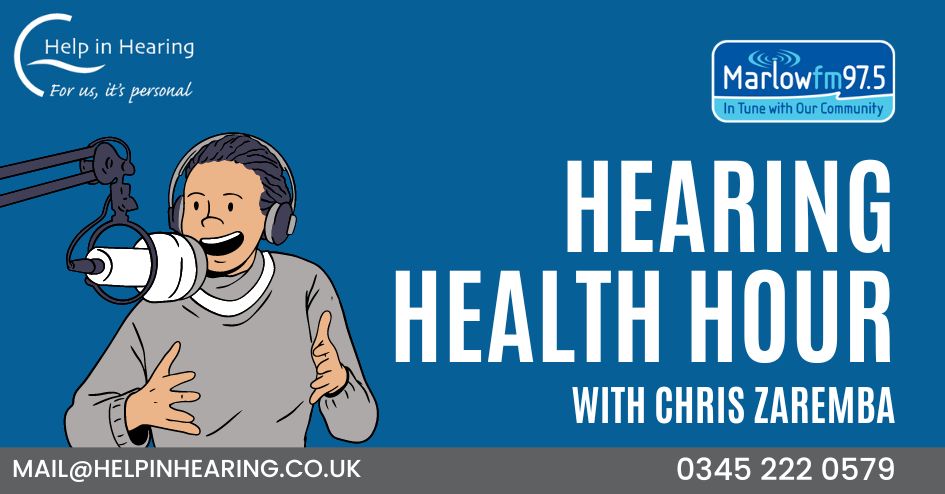
Top 5 Frequently Asked Hearing-Related Questions
 Whether young or old, born with reduced hearing or learning to live with gradual hearing loss, each of our clients has a different story to tell. Our goal, however, always remains the same – to improve the quality of life for people living with hearing loss. So here we share our knowledge on five frequently asked hearing related questions.
Whether young or old, born with reduced hearing or learning to live with gradual hearing loss, each of our clients has a different story to tell. Our goal, however, always remains the same – to improve the quality of life for people living with hearing loss. So here we share our knowledge on five frequently asked hearing related questions.
1. How common is hearing loss?
It’s probably more common than you think. About 800 million people around the world are affected by hearing loss.
There are 10 million people in the UK (approximately 1 in 6) living with some form of hearing loss. And 6.5 million of those are estimated to be over the age of 65. That means the rest are either at school, college or university or are of working age. So you’re not alone in living with reduced hearing.
Studies show that approximately 65% of people with hearing loss experience mild hearing loss, 30% moderate and 5% severe or profound hearing loss.
2. What causes hearing loss?
Hearing loss can be the result of damage to the outer, middle or inner ear.
Typical problems with the outer ear include a build up of ear wax and infections of the auditory canal. This type of problem can usually be addressed easily. But time is of the essence, so it’s important you act quickly to avoid hearing damage.
Inflammation, fluid behind the eardrum, perforations of the eardrum and otosclerosis (a stiffening of the bones in the middle ear) are the most common problems to interfere with your middle ear function. Most outer and middle ear problems can be eased with medication or surgery. If this is not possible, you can compensate your permanent hearing loss with a hearing aid.
The majority of hearing issues concern the inner ear with the natural aging process being the most common cause. But loud noise, some types of medication, or skull fractures can also have a negative influence on hearing ability. These influences damage the fine hair cells and affect the transmission of signals to the auditory nerves. Usually, inner ear hearing loss cannot be addressed medically. In most cases, this type of hearing loss can be corrected with a hearing aid.
Hearing loss caused by an outer or middle ear defect is called conductive hearing loss. Damage to the inner ear, is called sensorineural hearing loss. If both types occur together, the condition is called mixed hearing loss.
3. What are the signs of hearing loss?
Symptoms often develop over time so you might not notice straight away. Quite often it’s a friend or relative who will be first to spot the signs. These can include you finding it difficult to follow conversation. Feeling like people are always mumbling whilst talking to you. Changes in your speech or you talking more loudly. Missing what people have said or asking them to repeat themselves. Maybe you can’t hear the TV or radio so well. Or you feel tired when in a busy or noisy social setting due to having to concentrate more.
4. What will happen if I ignore my hearing loss?
Your everyday life may become increasingly difficult. You may find watching the TV or taking phone calls become a struggle. You may start to avoid social gatherings, going out to dinner or the cinema, which could make you feel more cut off from the world.
At work, you are likely to feel less productive. Meetings could become difficult to deal with. Tiredness can set in and you might start to lose confidence.
All of this will result in you probably feeling stressed, a bit anxious and less able to relax. The subtle changes taking place in your daily life and routine will take you out of your comfort zone.
5. What should I do if I think I am experiencing hearing loss?
The best advice we can give is to get your ears checked by a professional audiologist as soon as possible. Don’t put it off. Worrying about your hearing will make matters worse. The sooner you address your fears, the sooner you’ll start to enjoy life again.
Book a confidential hearing test in our Farnham Common or Marlow hearing clinics.
Read about the different types of hearing aids available today.


This Post Has One Comment